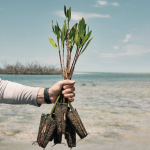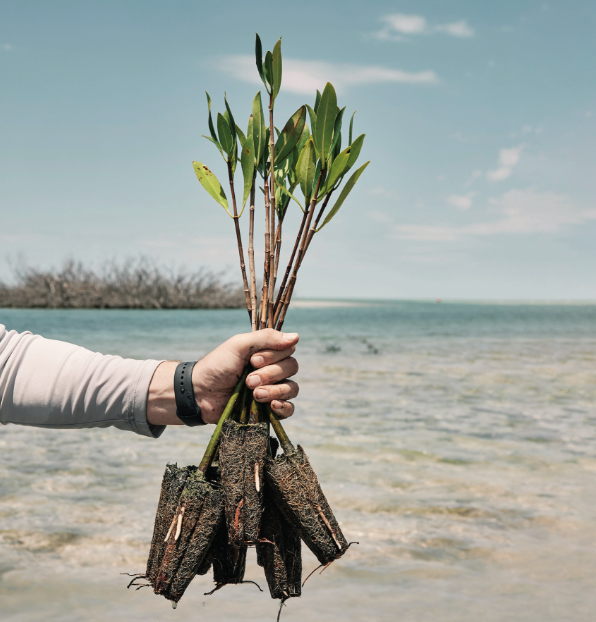Decline in Fish Stocks Endangers Livelihoods
Fisherman Siem Huat from Kampong Phluk, Cambodia, is experiencing a decline in fish stocks, which is affecting his family s income. Climate change, dam-building, wetland conversions, and overfishing are believed to be the causes of this ecological disruption, endangering food supplies and livelihoods in Southeast Asia s largest lake, the Tonle Sap Lake. Siem Huat mentions that there are times when he is unable to fish due to extreme weather conditions. The delayed or disrupted reversal of the Mekong River s flow into the Tonle Sap Lake has had a significant impact on those dependent on the lake for their livelihoods. Fish vendor Sar Mom’s income has drastically decreased from $25 to just $5 per day, making it difficult for her to afford basic necessities. To combat this issue, Cambodian authorities are working to educate fishing communities on responsible farming practices, reducing water pollution, and transitioning to fish farming or aquaculture. Cambodia, along with other vulnerable countries, is urging developed nations to take more effective action against climate change at the COP28 climate summit in Dubai.
Cambodian fishermen are facing a decline in fish stocks due to climate change, overfishing, dam-building, and wetland conversions. This is impacting their income and food supplies. Extreme weather conditions prevent them from fishing regularly. The Mekong River s flow reversal into the Tonle Sap Lake is disrupted, affecting livelihoods. Efforts are being made to educate fishing communities on responsible practices and transition to fish farming. Cambodia is urging developed nations to take action on climate change at COP28.





